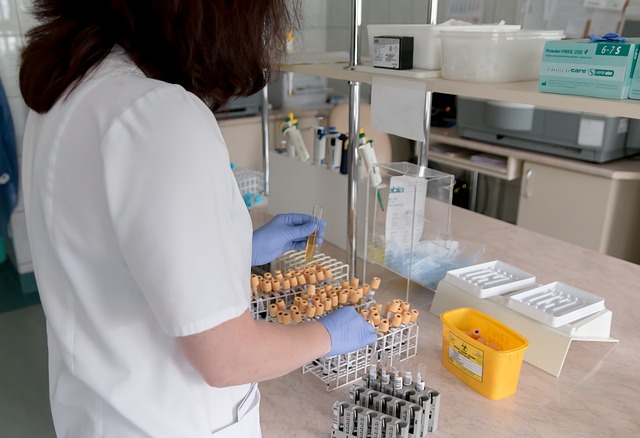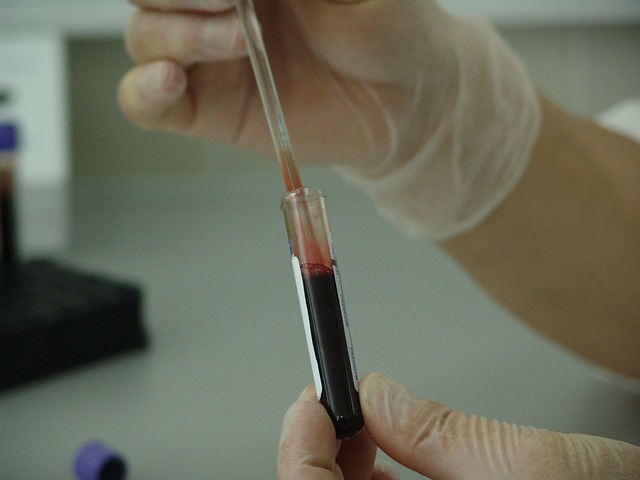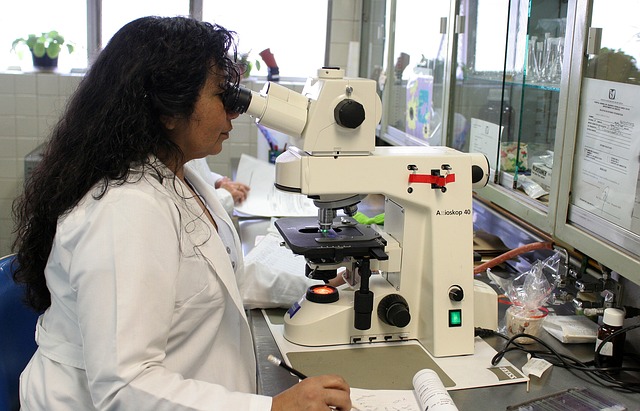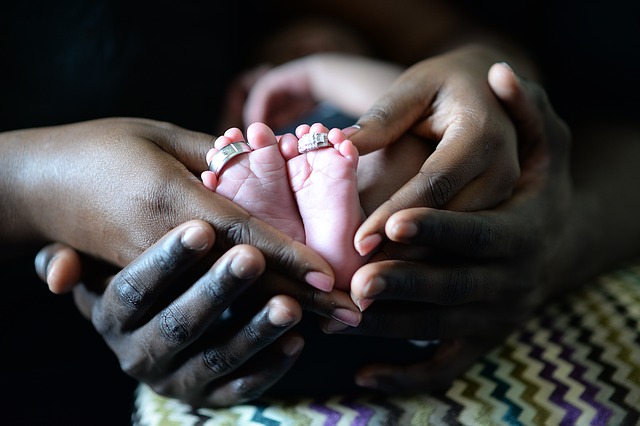There are a lot of things being talked about the DNA test and the ways it is done. In this blog, we’ll try to debunk those myths and bring facts in front of you. If you have ever hesitated to do a DNA test due to some reason, please go through this post and clarify your doubts. Before you embark on the journey to learning more about your DNA and genealogy, we’ve put together some helpful information for you to consider.
1. DNA Testing in Only for Men

This misconception is only half true. There is one DNA test, the Y-DNA test, that is only for men, as it tests the DNA on the Y-Chromosomes, which, obviously women don’t have. Genetic information is passed from father to son on the Y-Chromosome. If you are a woman interested in genetic testing on her father’s side, it’s best to ask and brother or cousin to get tested. What DNA does is give you important clues to your story. Please visit our website https://www.crigenetics.com/ for more information.
However, there is another type of DNA test that tests for mitochondrial DNA, which is the DNA that is inherited from your mother. Both men and woman can have this type of DNA testing done.
There are also autosomal tests that trace DNA found on non-sex chromosomes, and both men and women can have this test done.
2. DNA and Blood

No, you won’t have to give a blood sample in order to take a DNA test. Our DNA is found in every cell of our bodies, which means a simple swab of the cheek is enough to collect DNA for most any DNA test.
3. DNA Tests Are All the Same

DNA tests definitely aren’t all the same. As mentioned before, there are quite a few different tests, some depending on your gender. Also, different companies test for different things. Some DNA tests are health-related and will tell you whether you have predispositions for certain illness and conditions.
4. Giving Away Your DNA

One worry you might have about having your DNA tested is what happens with all of your genetic material and data. In the age of giant corporations who tend to track our every movement, it’s important to make sure your data, even your genetic data, is safe.
But DNA testing companies have strict standards and guidelines about how they handle your genetic data. They will never make your data public, and they will not sell or give away your data to any other company, including health insurance companies—mostly, because it is against federal law to do so.
You will also be given the choice as to whether or not you want to be contacted by any distant relatives that are revealed through genetic testing. Most companies will require your consent before they allow your DNA to be used in that way.
5. DNA and Accuracy

The simple fact is that human history is complicated, which means your DNA is also complicated. Migration patterns, immigration, and changing borders mean that you DNA can not always tell you the true story of your lineage. Ethnicity isn’t always passed down through DNA, either. Just because your grandfather might have Irish roots won’t necessarily mean that Irishness will show up in your DNA results.
